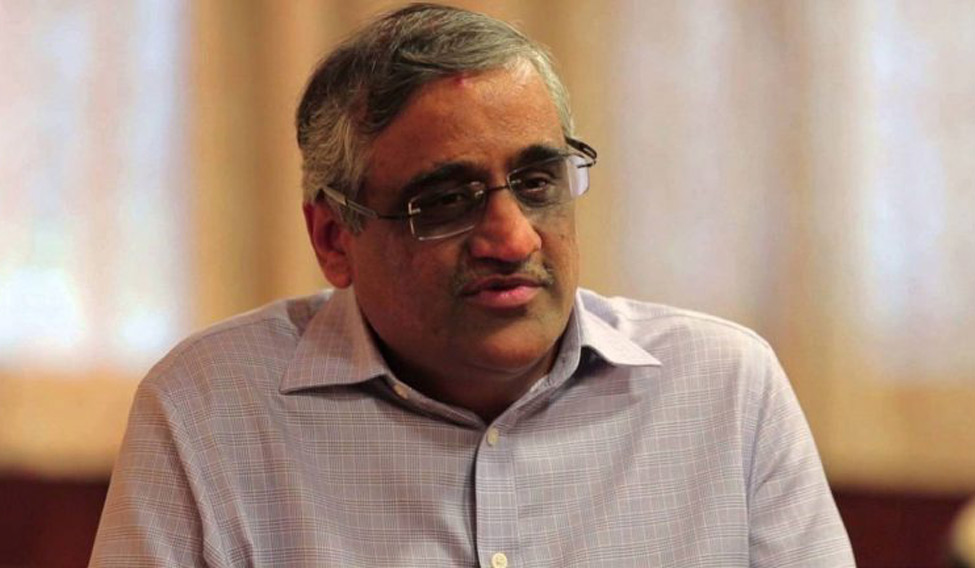He is often called the retail czar of India, being one of the early entrants in the organised retail space, through Big Bazaar hypermarkets. Now, Kishore Biyani, the founder of Future Group, is eyeing the next trillion dollar opportunity from thousands of small stores.
Biyani plans to leverage the potential of big data mining from lakhs of customers that walk in through Future Group's retail outlets, in addition to technology tools like WhatsApp and chatbots to drive the next phase of growth.
As a part of its latest revamp under Retail 3.0, the group has plans to set up 10,000 members-only Easyday Club stores by 2022. The company already has 700 Easyday stores, which are being revamped to the new format and the count will increase to 1,100 by the end of the current financial year ending March 2018.
These members-only stores will be like neighbourhood stores, tapping into the locality through big data mining with due assistance from tech giants like Google and Facebook and consulting firm Deloitte. Members will be charged Rs 999 annual membership, and will get 10 per cent discount on all purchases apart from home deliveries. The members will be even able to order products via WhatsApp and popular chatbots.
"We see the opportunity of becoming Asia's leading integrated consumer company with a trillion dollar revenue by 2047," said Biyani, adding that he expects the group to clock a compounded annual growth of 20 per cent over the next 30 years.
The Easyday Club stores will be spread over 2,500-3,500 square feet and will have 3,500 stock keeping units of groceries and other daily necessities. The customers will also be able to shop for a wider assortment of products digitally. The company is expected to invest around Rs 15 lakh on each Easyday Club store.
Each store is expected to have 2,000 members and Biyani hopes that at least half of the members will have an average spend of Rs 1 lakh per annum.
The company has inked a tie-up with Google, which will help identify the catchment area of the stores, by mapping consumer density, said Rajan Anandan, MD, Google India. "We are excited with the partnership with Future Group. We have 300 million smartphone users, who are spending about three hours a day online, we know where they are, what they are searching for... we are able to take these signals that we have from search engine, maps, etc, put it together, and have artificial intelligence figure out where should be the next Easyday store," said Anandan.
Future Group is also building a data repository and has set up data labs in Kolkata and Bengaluru to focus on data science and predictive analysis.
"We want to map customer visits, their current spends, and future potential. Based on the member data, we want to build customer archetypes," said Biyani, adding that the data mined will be only for the company to use and not for third parties.
Experts say, despite the big e-commerce push, physical retail still accounts for almost 98 per cent of sales, particularly in the food and grocery space and therefore, companies will succeed by reaching out through physical stores, which will be increasingly technology-laden.






